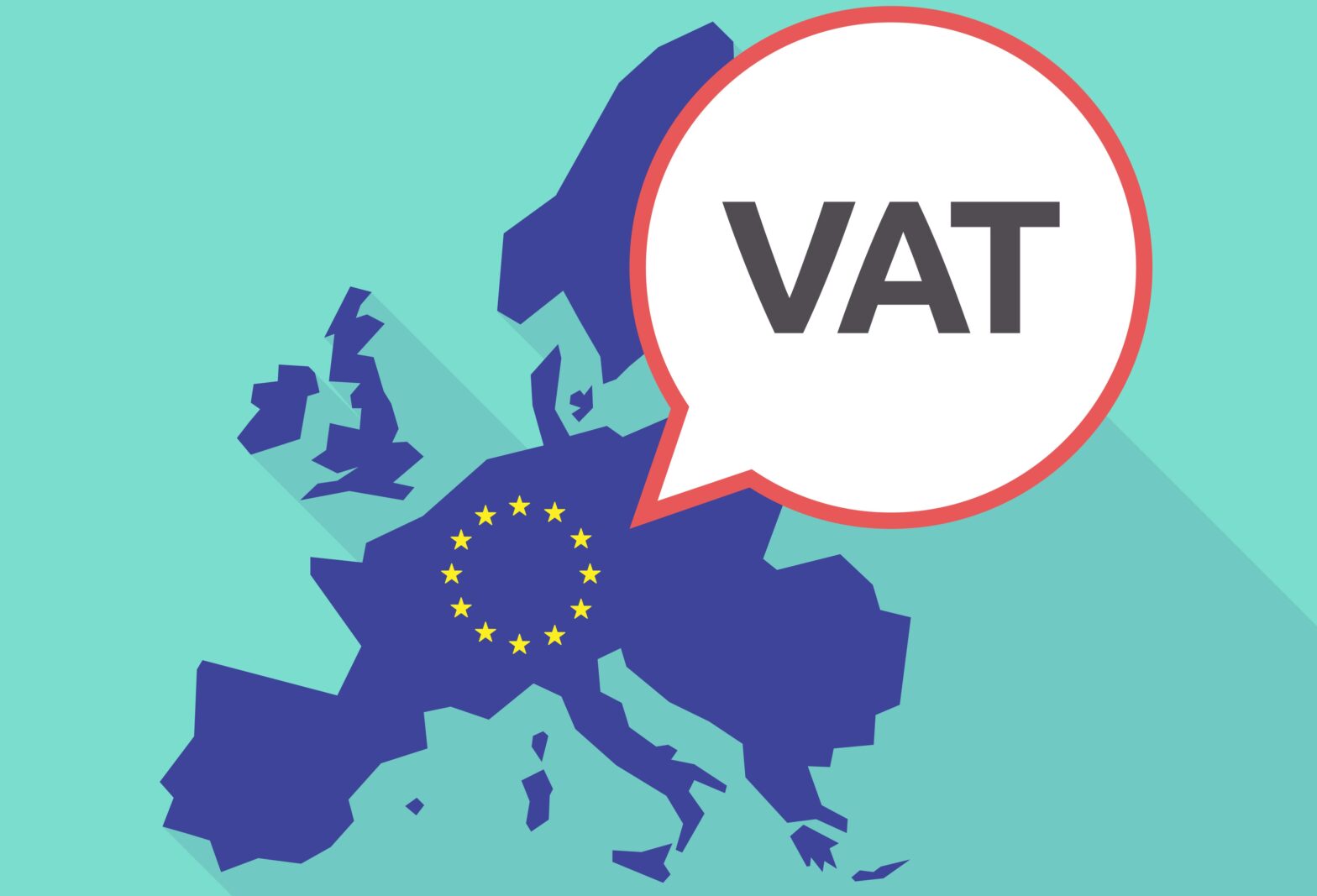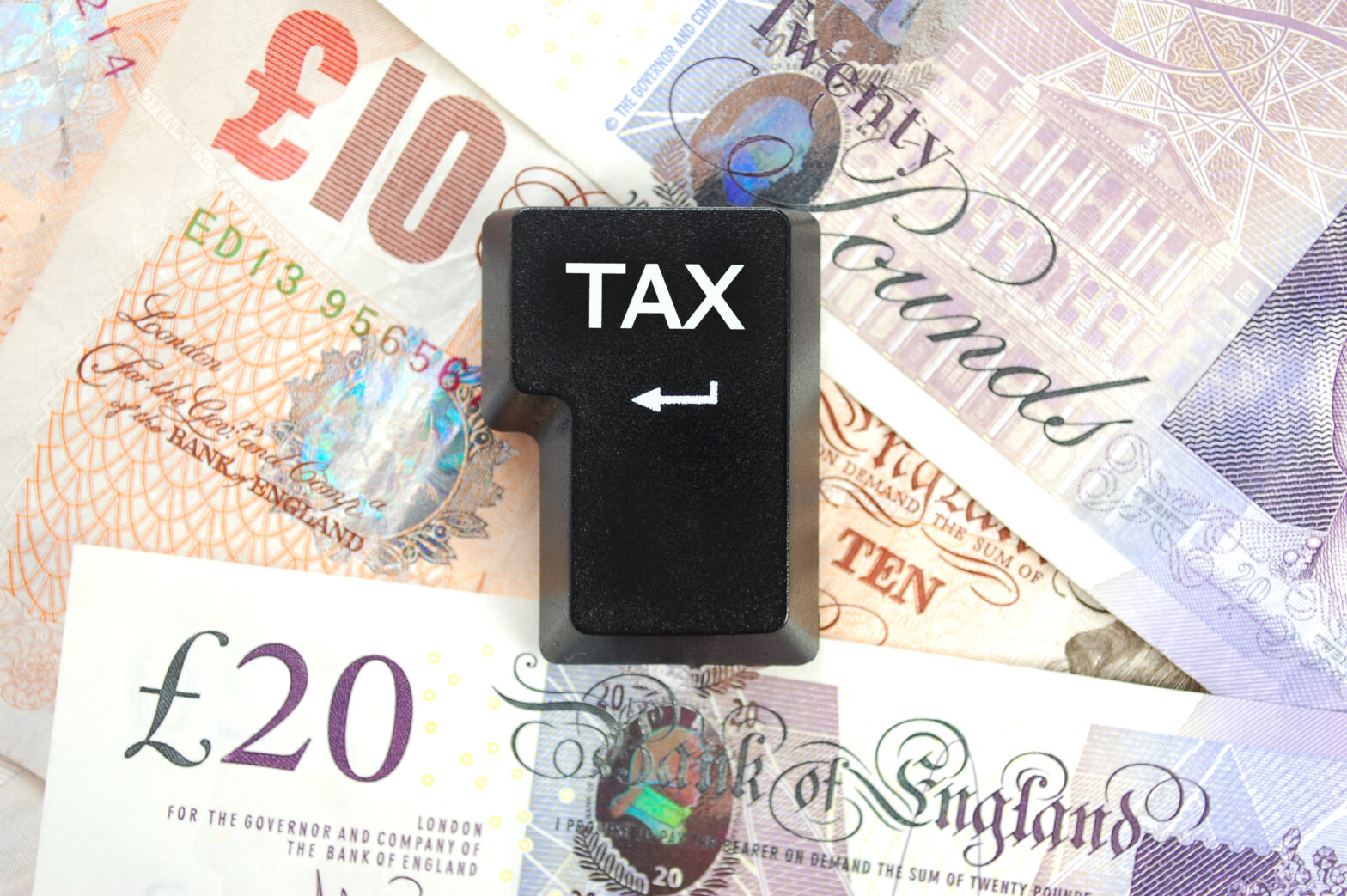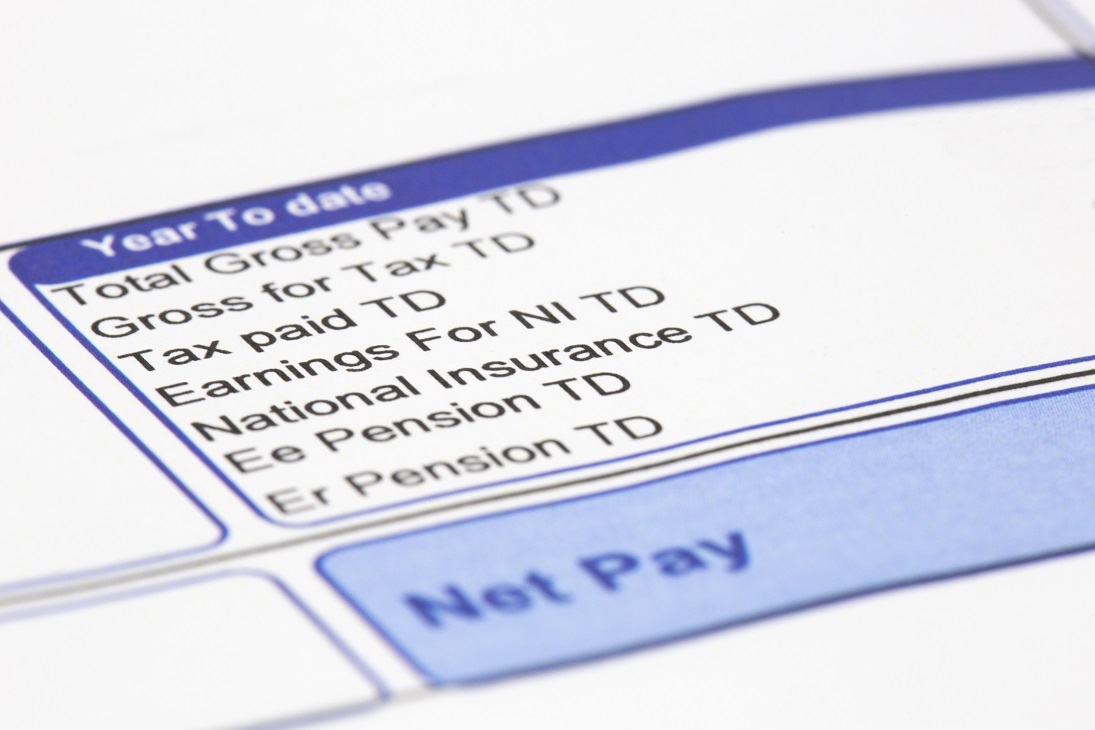Which products / services do I have to charge VAT on?
As is generally the case with tax, when it comes to VAT – it all depends.
There are always exceptions to the rule, but VAT seems to have exceptions to the exceptions. And with Brexit, new construction rules, the rise of digital sales and businesses moving online and having a wider geographical reach during Covid, the rules on VAT have become even more complex.
Brexit
Exporting goods to the EU actually has less reporting now as there is no need to complete an EC Sales List. Goods to an EU business are zero rated and UK companies will have import VAT and custom duties when goods arrive in the UK from outside the UK (including from EU countries, which is the same process that UK companies already had when goods arrived from non-EU companies before Brexit – and continue to do so).
There may however be a requirement to register for VAT in EU countries, dependent upon their own VAT thresholds and rules.
Supplying individuals in the EU (or anywhere outside the UK) is now zero rated.
It is worth noting that you need to keep evidence of the export and ensure that the goods are, indeed, exported. You should also make sure you get the evidence within three months of the sale. If you are sending goods to a UK based forwarding company, then the place of supply is in the UK. As such, you would need to apply standard rated VAT.
>See also: VAT on taxi fares, vehicles, fuel and staff travel – what can I claim?
Services
Services are generally dependent on the “place of supply” rules. These state that the place of supply is where the customer is based if it is a B2B (business to business) sale. If it is B2C (business to consumer – i.e. individuals) sale, then the place of supply is normally where the supplier is based/where the service is performed, unless it relates to one of the following services, in which case it is outside the scope of VAT
- transfers and assignments of copyright, patents, licences, trademarks and similar rights
- acceptance of any obligation to refrain from pursuing or exercising a business activity
- advertising services
- services of consultants, engineers, consultancy bureaux, lawyers, accountants, and other similar services – data processing and provision of information, other than any services relating to land
- banking, financial and insurance services
- the provision of access to, or transmission or distribution through, natural gas and electricity systems and heat or cooling networks and the provision of other directly linked services
- supply of staff
- letting on hire of goods other than means of transport
- emissions allowances
Supplying services to a business in the EU, therefore, will not attract VAT but suppling them to an individual could.
There are then special rules for certain services (including land, hire of transport, digital services and others).
Supplying digital services to individuals in the EU means that the “place of supply” continues to be where the customer resides. VAT on those services is due in the EU member state in which the customer resides.
Remember that there is also the hospitality rate (which includes holiday accommodation) that is now 12.5 per cent (previously 5 per cent until 1 October 2021) and this will increase to 20 per cent in April 2022.
>See also: 7 tax myths for small business owner/managers exploded
Digital services and MOSS VAT scheme
You need to consider:
- Location of the customer
- Confirm if it is a digital service
- If not, the general place of supply rules will apply
- Is your customer a business or an individual (B2B or B2C)?
- If the supply is outside the UK you may need to register for VAT in the country of your customer
VAT rules for digital services
| Type of supply | UK VAT | No UK VAT | Potential VAT in the country of supply |
|---|---|---|---|
| Digital services to UK customers | Yes | ||
| Digital services to non-UK customers | Yes | Yes | |
| Via a 3rd party platform or marketplace | Digital platform is responsible for accounting for VAT on the supply instead of you | ||
| Digitla services to customers in the EU | Place of supply is where the customer is located. You must either: - Register for the non-Union VAT MOSS scheme in an EU member state - Register for VAT in each EU member state where you supply digital services to customers |
This is a brief overview. Further details can be found here and here.
Construction CIS
From 1April 2021 the rules in the construction industry changed. If you are in this sector, then it is worth seeking specialist advice.
In summary, while HMRC does have some useful information online, rules are complex and varied and it is always worth speaking to a professional.
Stuart Clark is managing director of Glasgow-based Russell & Russell, which serves owner-managed businesses throughout the west of Scotland





